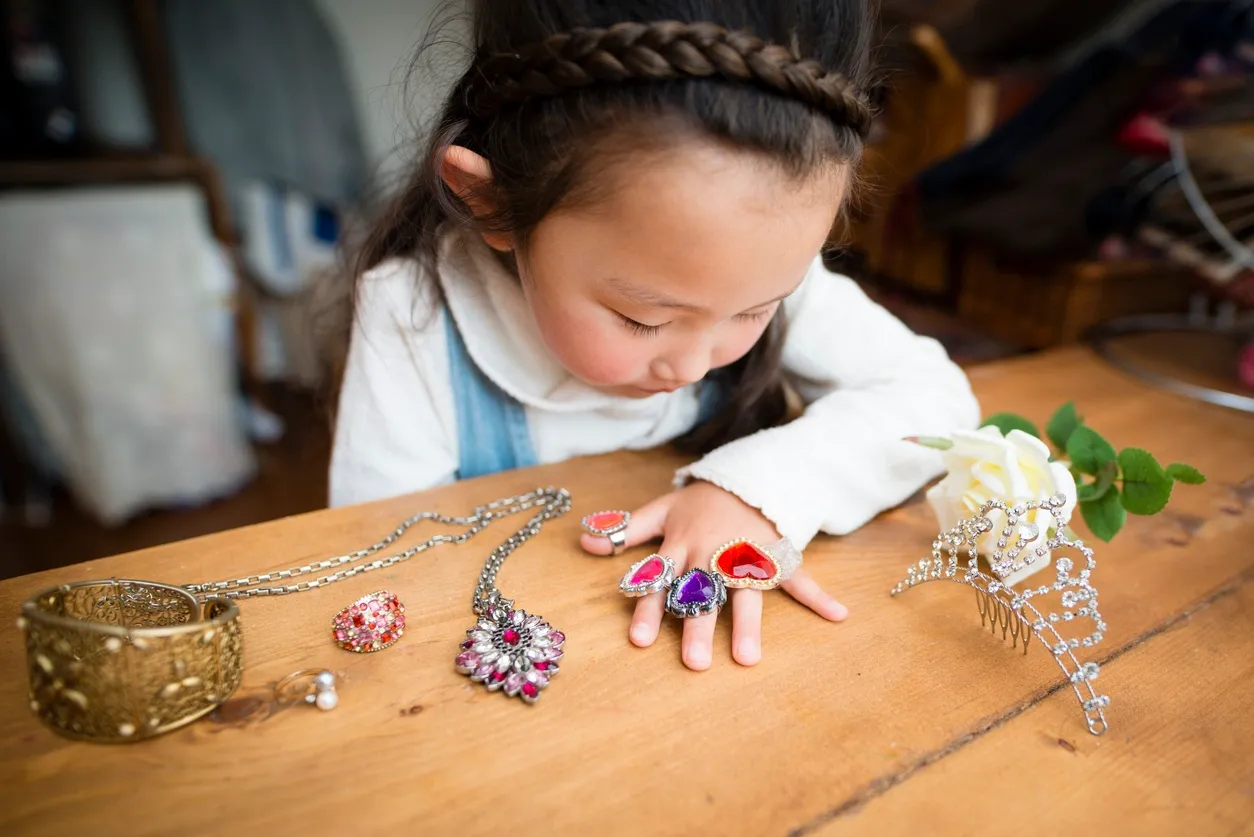The last few weeks have been a journey brimming with insights and self-reflection, all of which have led to the focus of this blog post: the urgent collective need to rediscover the art of asking insightful questions.
Navigating the complex maze of human understanding, questions serve as the luminous beacons guiding our path. They have long been our most valuable tools in the relentless pursuit of knowledge, shaping the course of human progress across generations. From the contemplative ponderings of ancient philosophers to the inventive inquiries of modern-day researchers, meaningful questions have often paved the way for groundbreaking discoveries.
However, the value of this powerful tool appears to be diminishing in recent times.
Pause for a moment. Reflect on the last time you asked or were asked a truly engaging question, one that made your heart flutter with excitement and eyes gleam with curiosity.
Indeed, we recognize the significance of questions, but are we dedicating enough time to honing this crucial skill?
If not, then we must question—why?
.png/:/cr=t:0%25,l:0%25,w:100%25,h:100%25/rs=w:1280)
Classical Greek philosopher Socrates famously declared, “An unexamined life is not worth living.” Central to his philosophy was the Socratic method of inquiry, a technique built on posing probing questions to challenge assumptions and stimulate critical thinking. His method underlines the role of compelling questions in our intellectual and moral development.
In the 20th century, renowned psychologist Carl Rogers spotlighted the pivotal role of questions in human communication. His client-centered therapy revolved around open-ended questions, which he believed could empower individuals to tap into their inherent potential. Similarly, French philosopher Jacques Derrida, known for deconstructionism, stressed the power of questioning in disrupting established meanings, thus fostering intellectual curiosity and openness.
Yet, despite these invaluable insights, humanity seems to be experiencing a crisis of courage when it comes to posing powerful, challenging, and sensitive questions. Rather than igniting curiosity and sparking meaningful conversations, we frequently yield to sensationalism, conflict, or oversimplified answers. We risk losing sight of questioning’s fundamental role in scrutinizing power structures and paving the way for solutions for a brighter future.
From “inquiring life journalists,” it seems we’re devolving into “disinterested stenographers” merely completing tasks.
But why? Have we forgotten how to ask meaningful questions, or has it simply become too risky?
If it’s the former, the remedy is straightforward: select a methodology that resonates with you and start rebuilding your knowledge and skills.
However, if it’s the latter, we have significant internal work to do. For if we don’t, we risk ending up in a dystopian future where AI robots rule the world and hunt for critical thinkers. A lighthearted jest, but a serious consideration nonetheless.

To assist you in navigating culturally sensitive questions, here are some strategies:
Understand cultural contexts: Ask questions like, “How do you reconcile traditional cultural practices with modern societal norms?” In response, respect experiences and difficulties without judgment and acknowledge the fluid nature of cultural norms and traditions.
Use neutral language: Probe, “What are your thoughts on topics like same-sex marriage that often spark varied opinions?” Remember that perspectives are shaped by unique experiences. Always respect their viewpoint, regardless of your personal beliefs.
Value diversity: Question, “Do you believe your cultural or racial identity has contributed to any bias or discrimination you have faced?” Respond with empathy and validation, reassuring them that their unique backgrounds enrich our conversation and society.
Be empathetic: Ask, “Can you help me understand the emotional impact of being a minority in your community?” Validate their feelings and express empathy, avoiding any attempts to ‘solve’ their experiences or compare them to your own.
Avoid making assumptions: Inquire, “Considering the stereotypes associated with your culture, how has this affected your personal and professional life?” Appreciate their honesty and convey your commitment to understanding and challenging these stereotypes.
Emphasize commonalities: Ask, “We both come from different cultures; how can we bridge the cultural gap and find common ground?” Stress the importance of understanding and respecting each other’s cultures and express your willingness to learn from them.
Be patient and respectful: Question, “I understand this may be sensitive, but how do you feel about cultural appropriation or cultural erasure?” Show patience, respect their feelings, and demonstrate your interest in learning, not judging.
Promote inclusivity: Facilitate a discussion by asking, “How have your experiences differed based on your cultural backgrounds?” Appreciate everyone’s unique experiences and perspectives, even if they may be uncomfortable.
Adapt your approach: Inquire, “I realize that certain topics may be taboo in your culture. Can you help me understand these to avoid crossing boundaries in future conversations?” Respect their guidance and commit to being more mindful about cultural sensitivities in future discussions.
Seek feedback: Ask, “Was my question about cultural stereotypes offensive or did it make you uncomfortable? How can I ask such questions in a more sensitive way?” Be open to criticism, offer a sincere apology if they felt uncomfortable, and commit to asking more sensitive questions in the future.
Even when your questions aren’t well received, it’s crucial to handle the situation with empathy and understanding. Start by acknowledging the discomfort caused, recognize its legitimacy, and offer a sincere apology if the question was unintentionally offensive. Be open to feedback, express a genuine desire to learn, and apply this feedback to future interactions. Always maintain respect and humility, demonstrating your commitment to growth and learning from mistakes.
Above all, continue to be culturally curious, keep asking questions, and never stop learning.

At Quiet Tenacity, we believe that the key to a prosperous future lies in cultural curiosity.
Subscribe to our email updates and check out our ‘True Walks of Life‘ YouTube series. We invite you on a transformative journey that inspires reflections on our biases and challenges assumptions through the lens of diverse narratives. In our interconnected world, navigating the rich tapestry of cultural diversity is not merely a necessity, but an opportunity to become successful in your personal and professional life.
Join us on this fascinating voyage and become a champion for cultural understanding and respect.
